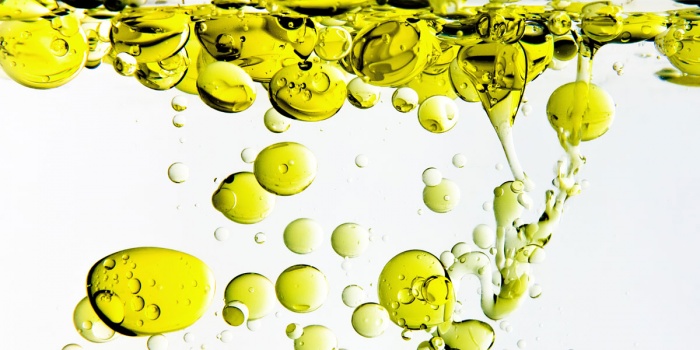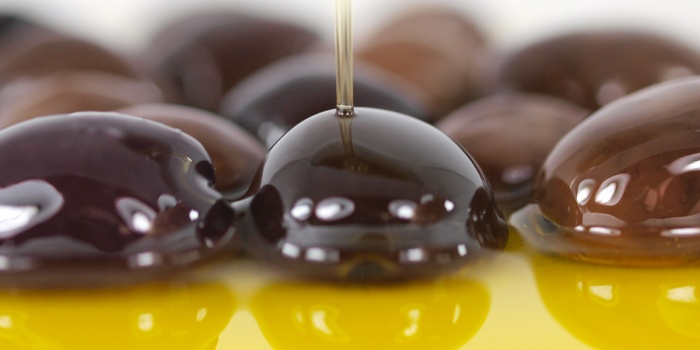
Breast, colon, ovarian and prostate cancer is lower in Mediterranean countries where olive oil consumption is traditionally much higher than in northern Europe.
A new research by Rutgers University and Hunter College in the US has shown that olive oil contains a very distinct substance, the oleocanthal, which specifically targets and neutralizes cancer cells without harming healthy ones. Oleocanthal is a chemical compound belonging to the family of phenols (antioxidants).
In particular, oleocanthal destroys the “lysosome”, that is, a certain part of the cancer cells, which acts as the “dump” of the cells, releasing proteins that cause their death. The lysosome is isolated in the cell because it is very toxic. When the membrane separates it, its interior leaks into the rest of the cell and its aggressive enzymes break down anything that comes in contact with them.
Although there are specific limitations to this research because it was done only in a laboratory environment with artificial cultures of healthy and cancerous cells, the authors of the research argue that the preliminary data leave many promises to fight cancer.
The importance of olive oil in the prevention of cancer is also demonstrated by a study conducted by Harvard University in 26.000 people over a period of eight years, and it has come to the conclusion that eating good fats, such as those in olive oil, can reduce the risk of cancer by 9%. Olive oil helps cells neutralize the free radicals of oxygen produced during normal metabolism. These oxidants cause damage to DNA that can lead to cancer.
Danish researchers have also found in their research that the monounsaturated fatty acids in olive oil have a beneficial antioxidant effect and not just the antioxidant phenols. Findings indicate that it is possible that high levels of oleic acid offered by olive oil can prevent the onset and spread of cancers. Scientists from the United States and Spain, in their experimental work, found that oleic acid prevents the action of the HER-2 / neu oncogene, while improving the effect of the Herceptin drug, which also suppresses the action of the HER-2 / neu oncogene. The HER-2 / neu oncogene is associated with an invasive form of breast cancer, and is present in 30% of patients with breast cancer. The mechanism of action of the oleic acid and the drug is different but acts synergistically. It will not be surprising if in the future oleic acid is used in the cancer therapies.

 Olive Oil
Olive Oil Cosmetics
Cosmetics Soaps
Soaps


